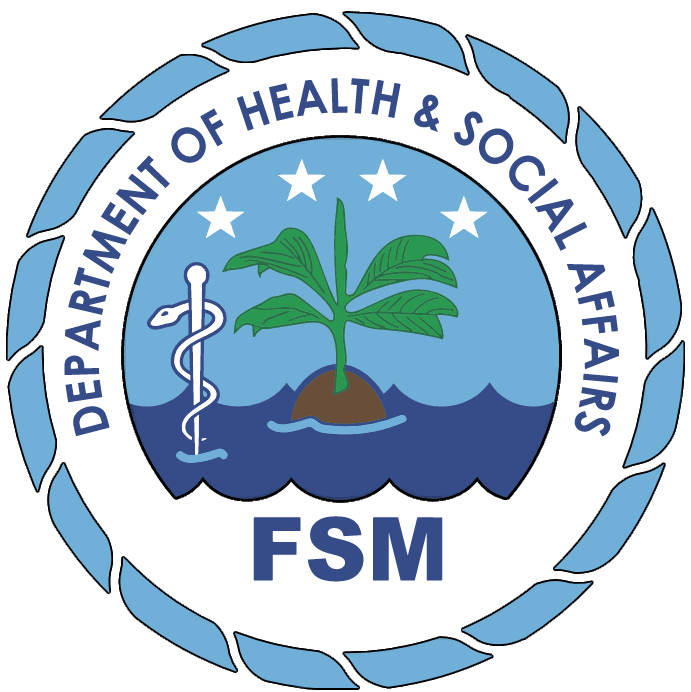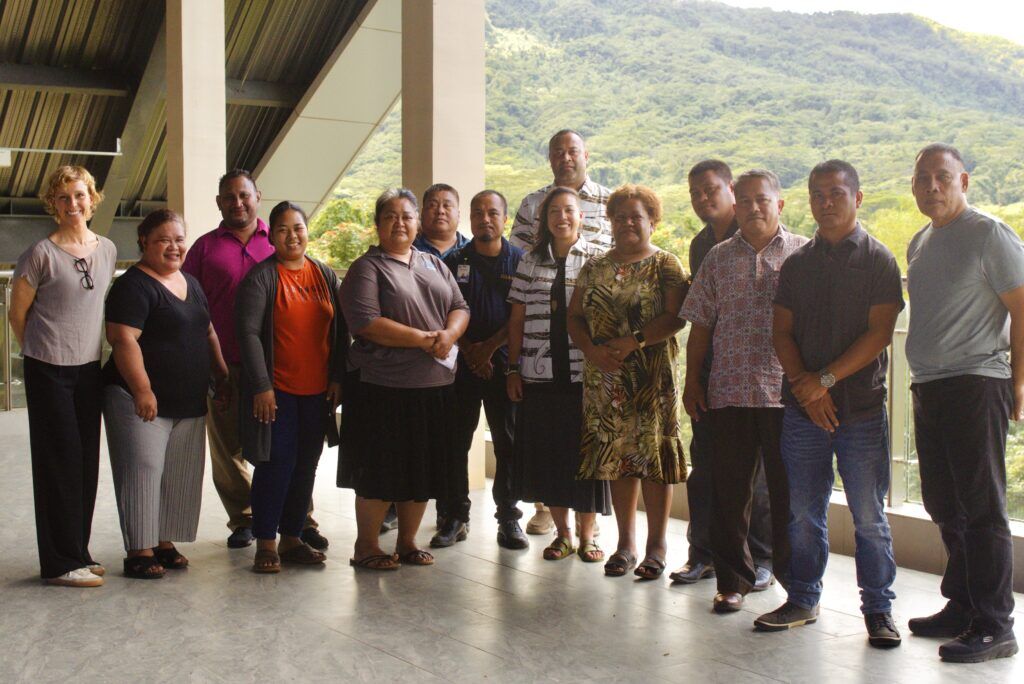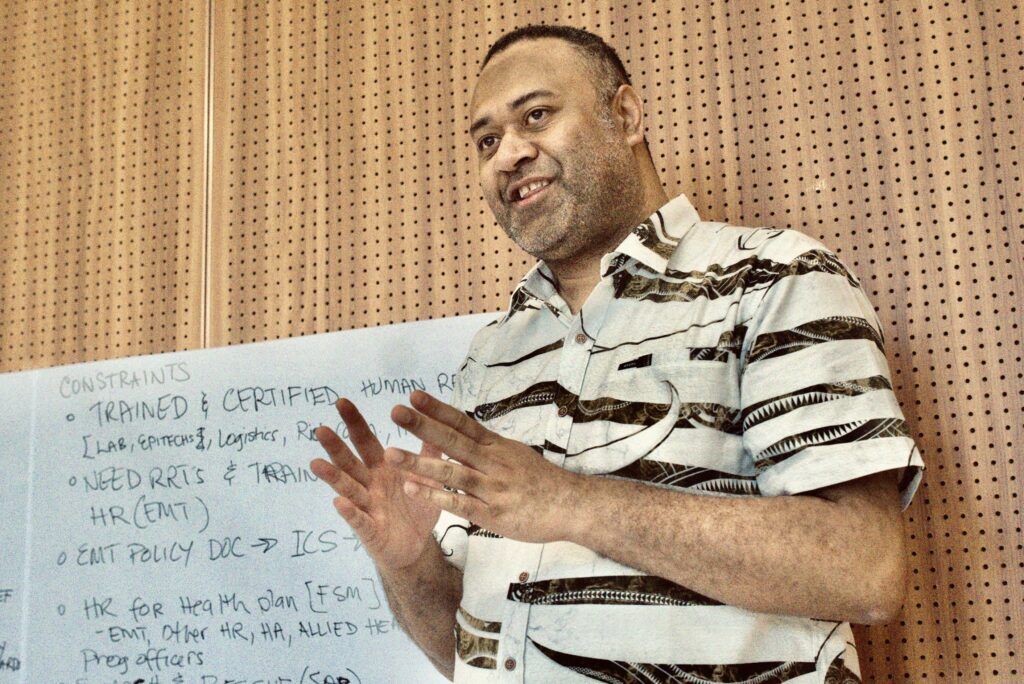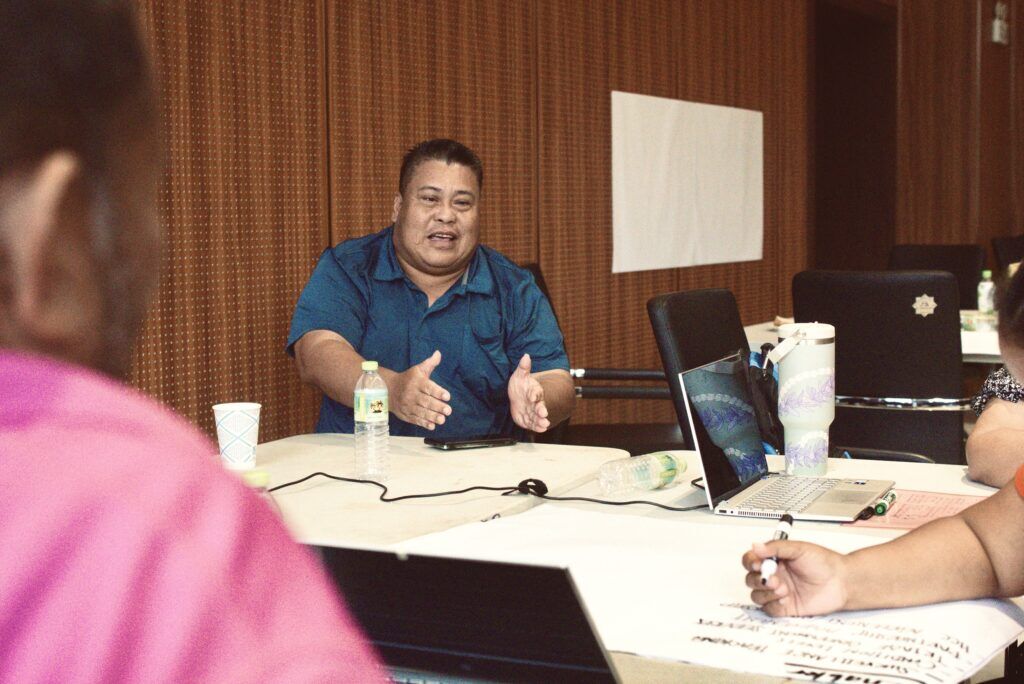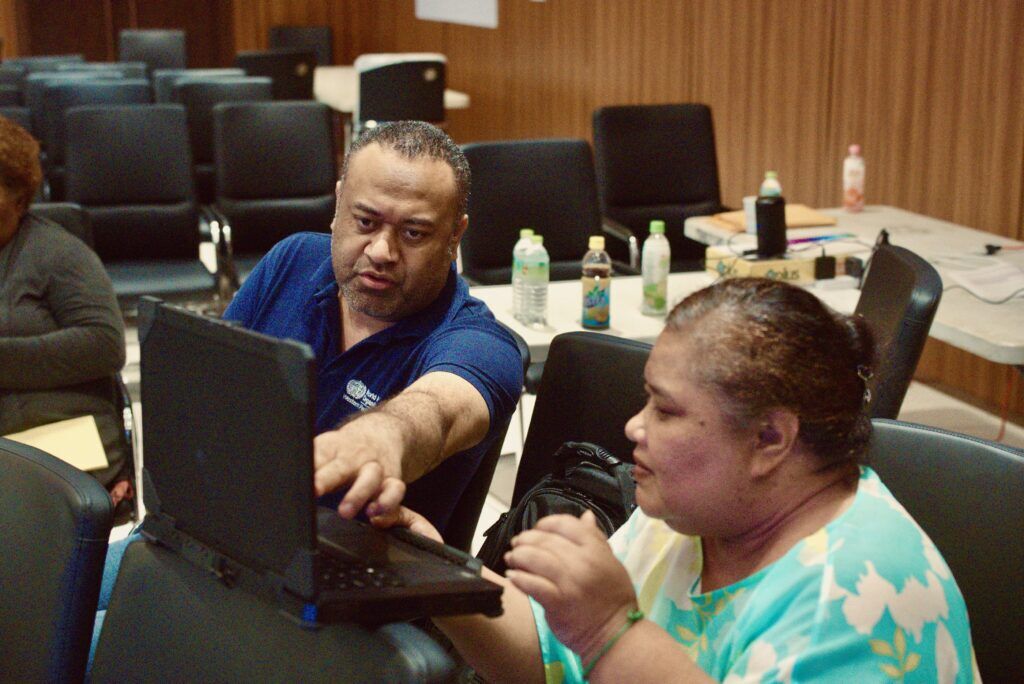From 15–19 September 2025, the Federated States of Micronesia (FSM), in collaboration with the World Health Organization (WHO), hosted a five-day national workshop aimed at strengthening the country’s preparedness for health emergencies. The event included a three-day exercise to develop FSM’s national emergency risk profile, a one-day session focused on mapping and strengthening the emergency surge workforce, and a one-day training for national facilitators to lead future preparedness activities.
Over 25 participants—representing multi-sectoral agencies—worked to identify hazards facing the country, prioritize actions to mitigate risks and strengthen emergency workforce capacities. This multisectoral collaboration reflects the need for integrated action to better prepare for future emergencies that lie at the intersection of human, animal and environmental health.
The workshop also emphasized the One Health approach, which recognizes that the health of people is closely connected to the health of animals and the environment. This focus directly responds to a priority identified by the FSM Government. Through group exercises and discussions, the workshop provided a valuable opportunity for FSM’s One Health coordination body to come together, share perspectives, and agree on practical next steps to strengthen collaboration across sectors. Participants worked together to identify health hazards specific to FSM’s unique contexts, laying the groundwork for a risk-informed national emergency plan.
To further drive home the importance of multi-hazard, multisectoral approaches to emergency preparedness, the workshop included analysis of the national emergency surge workforce to better understand enablers and constraints to scaling up a response. Experts from health, disaster management, logistics, and security sectors came together to explore how their agencies can work more effectively together during complex emergencies. These cross-sector discussions clarified roles, strengthened partnerships, and identified practical ways to improve coordination, forming the foundation for a more unified and agile national response.
“This workshop was a vital step in strengthening FSM’s emergency preparedness,” said Mr. Sean Casey, Officer-in-Charge (OIC), WHO Country Office for Northern Micronesia “It introduced the Strategic Toolkit for Assessing Risks (STAR), a practical tool that helps countries identify, prioritize, and plan for hazards. By applying the STAR methodology in a collaborative setting, participants from across sectors were able to assess risks, clarify roles, and explore ways to improve coordination. This kind of structured, multisectoral engagement is essential for building a resilient response system that can act swiftly and effectively when emergencies arise.”
“In FSM, our communities are spread across many islands, which can make emergency coordination challenging,” said Marcus Samo, Secretary of the Department of Health and Social Affairs. “That’s why bringing together voices from across sectors is so important. This workshop helped us connect, plan together, and build a stronger foundation for responding to future emergencies as one.”
This work was enabled with support from the Gates Foundation and the Institute of Philanthropy.

